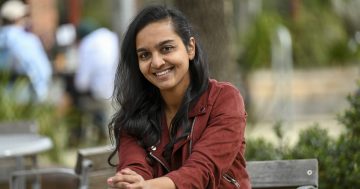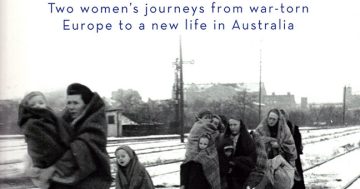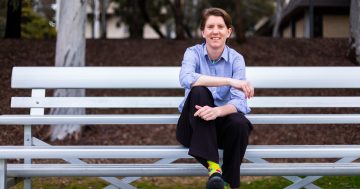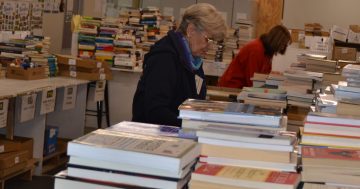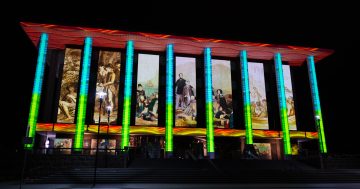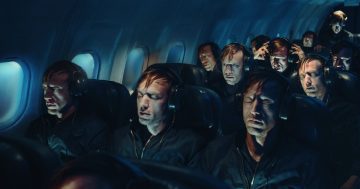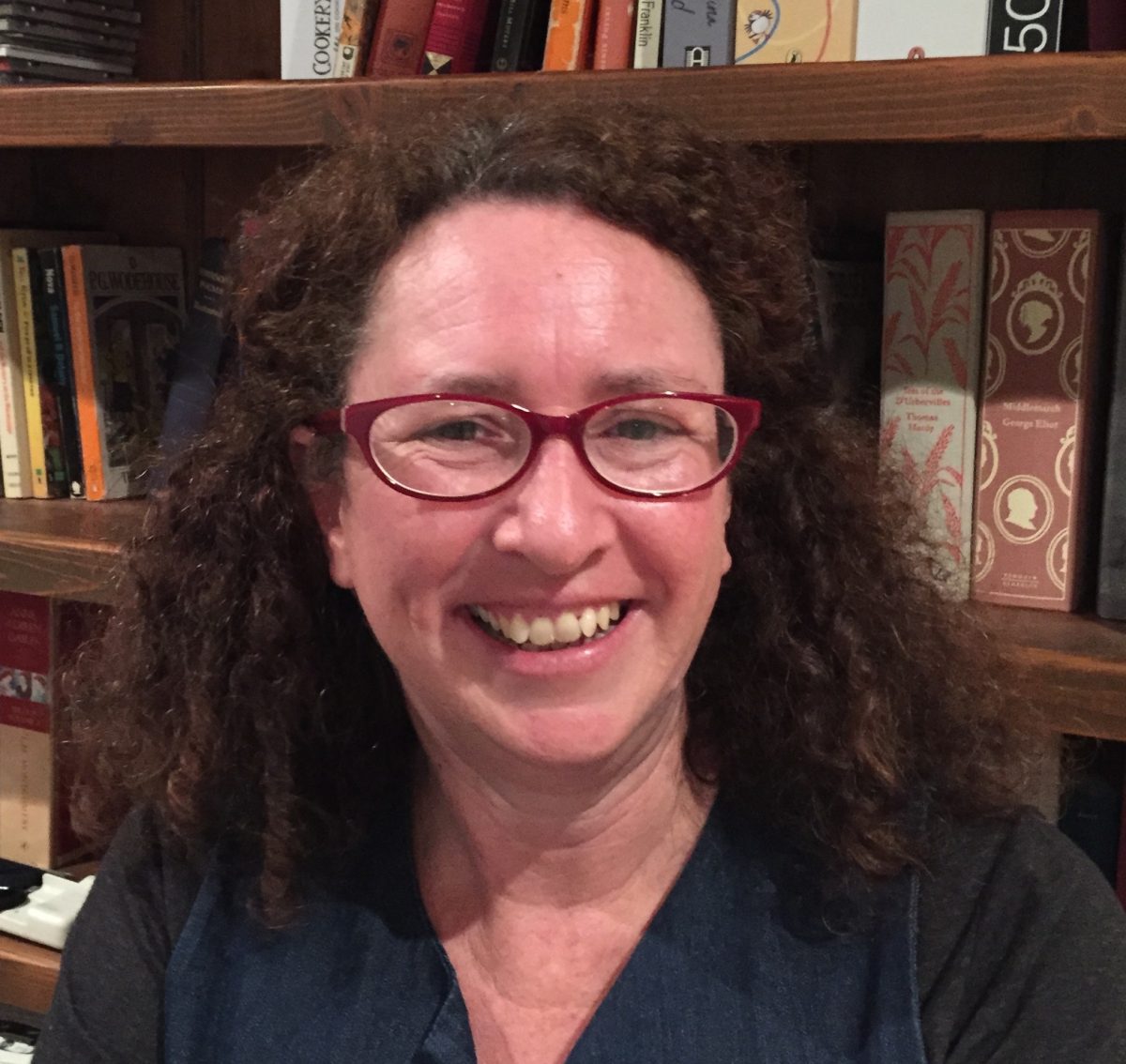
Author and historian Jane Carey will unpick some of the ideas that arise from her book Taking to the Field during her appearance at Canberra Writers Festival panel Test Tube Trailblazers. Photo: Jane Carey.
The prevailing discussion around women in STEM – science, technology, engineering and mathematics – tends to focus on gender inequality and how we can increase numbers, but one historian’s book bucks the trend.
Without dismissing the conversation or denying these realities, Jane Carey’s Taking to the Field offers a different focus; on the vast numbers of female scientists across the decades, and their contributions to the field – wins and follies alike.
Her research has led her to incredible stories of discovery but for Dr Carey, a University of Wollongong history professor with a Bachelor of Science and PhD in History, the most surprising element was the sheer volume of women in the field dating back to the 1800s.
“Women are involved in the field from the very foundations of science degrees in the 1880s,” Dr Carey says.
“They were not only studying in these early degrees but were employed, in large numbers, in fact, at universities, engaged primarily in biological research to help us better understand the plants and animals of the continent.”
Like Georgina Sweet, the first female associate professor whose work on how parasites in the cattle industry impacted beef exports was widely acclaimed, and who became a crusader for women in the academic sphere.
But Dr Carey insists this is not a straightforward tale of progress.
“Women have not progressed in science from exclusion to acceptance, I wouldn’t even say they’re yet on that trajectory,” she says.
“Women had a strong presence in science in the first half of the 20th century but after World War II when the field was flooded with men returning from war, it declined precipitously and it took decades for women to regain the position they once held.”
Taking to the Field is not a simple celebration of unsung heroines, either. Dr Carey is careful to document the “darker side” of women’s involvement in science, including the colonial period when they used science to justify colonisation and produced racial theories that had devastating impacts on Aboriginal people.
“Science isn’t uniformly positive in its impacts or nature, and we see that very clearly in the use of 20th-century eugenics in the social reform movements,” she says.
“I wanted to paint a full picture, and that meant acknowledging that not all women’s engagement with science has been positive. We should think carefully about how we record these women’s ‘pioneering achievements’.”
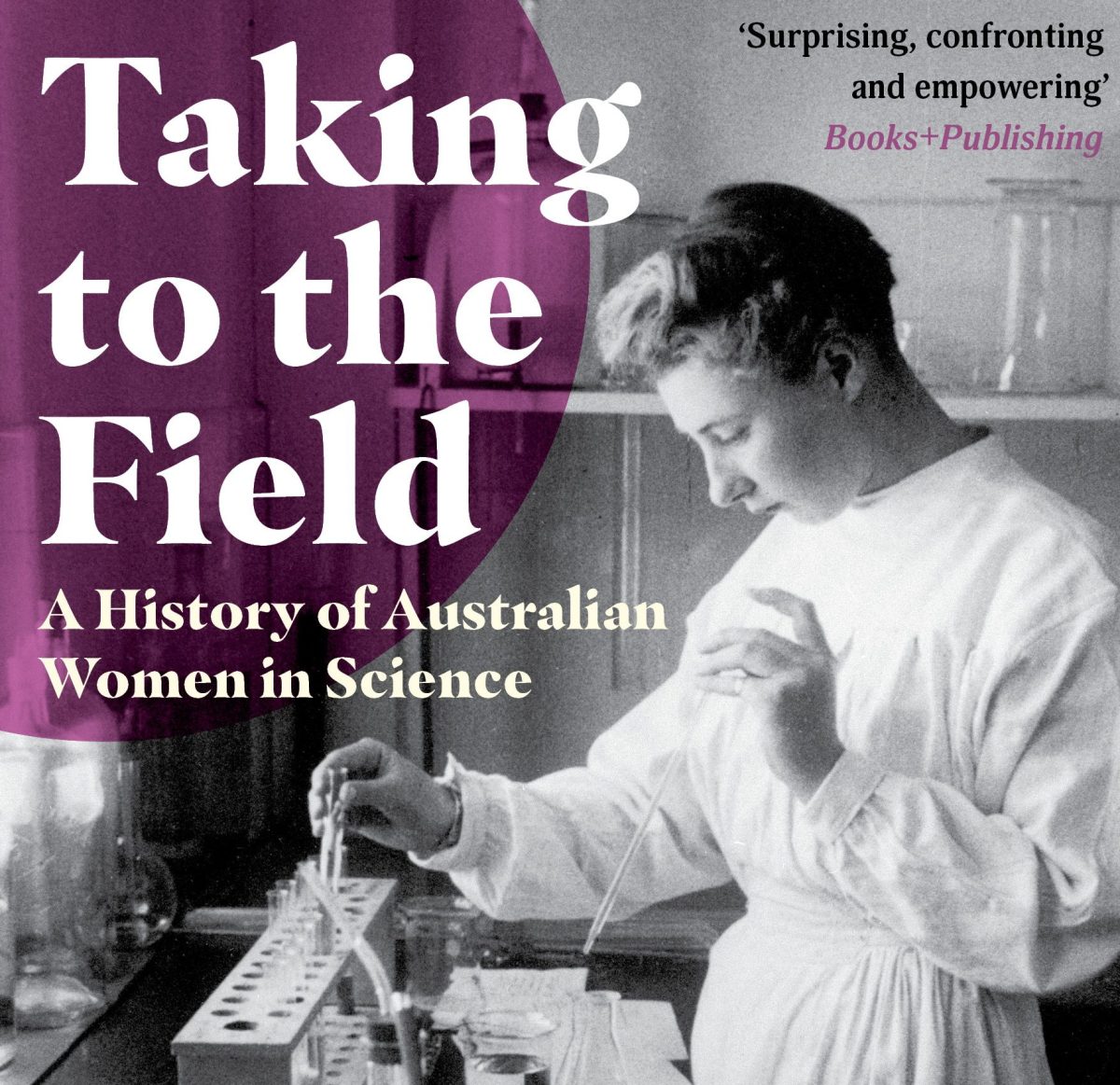
Taking to the Field looks at the history of Australian women in science. Photo: Supplied.
That said, if asked to name an Australian female scientist from the past, Dr Carey believes few people could. Taking to the Field seeks to change that, as much for a brighter future than acknowledging the past. “These early women in science have been completely forgotten,” she says.
“In contemporary discussions about women in science, it’s just assumed there were none until relatively recently and that has implications not just for history, but for how women are discussed today.
“Women scientists are still seen as anomalies. I hope learning about this long history might help us move away from that kind of discourse, because it’s not helpful to women today.”
Alongside Laura Davies, author of Fighting Fit: The Wartime Battle for Britain’s Health, who holds a PhD from Harvard University in the History of Science, Dr Carey will be part of Canberra Writers Festival panel discussion Test Tube Trailblazers.
Hosted by ABC Canberra’s Lish Fejer, it discusses, celebrates and interrogates the complex history of women in science.
“I think we all know the number of women in science remains fairly abysmal. But if history proves anything, it’s not for lack of interest or capability,” she says.
“In particular there’s an underrepresentation of women at the top of the profession, and this statistic hasn’t budged for more than 20 years. The fact it’s stagnating suggests our efforts to support them aren’t working, and I think there are several reasons for that. And that’s what I want to discuss.
“I want to emphasise the relevance of this history to our contemporary understanding of women in science, and how we need to shift the conversations to better support women in science if we are ever to have hope of change.”
Test Tube Trailblazers takes place from 1 pm to 2 pm on Thursday 17 August at Flex by ISPT, ground floor, 4 National Circuit, Barton. It is free to attend, book here.
Check out all the other trailblazing women in the festival including Angela Saini, Megan Davis, Whitlam’s Women at the National Museum of Australia in the Feared and Revered series, as well as the full Canberra Writers Festival program with events running from 16 to 20 August.













